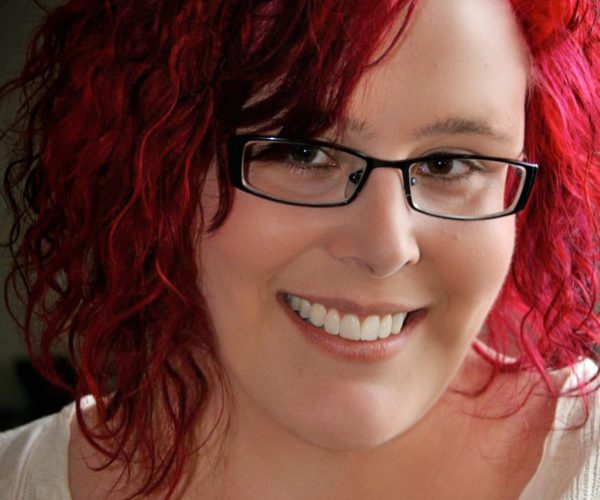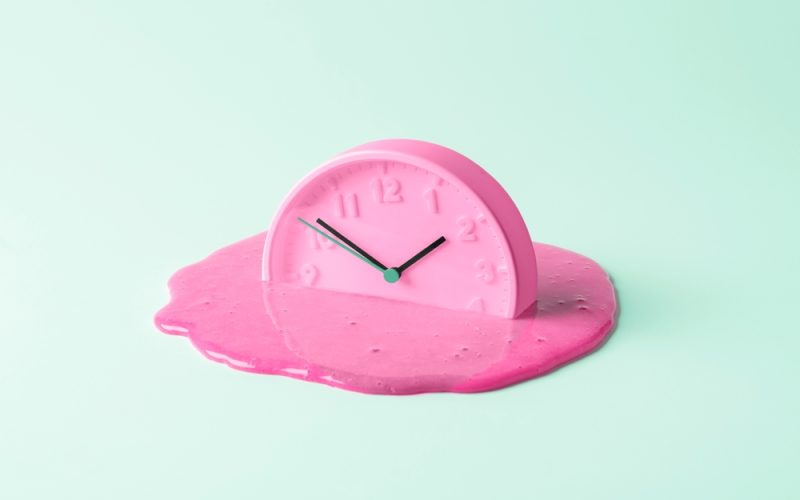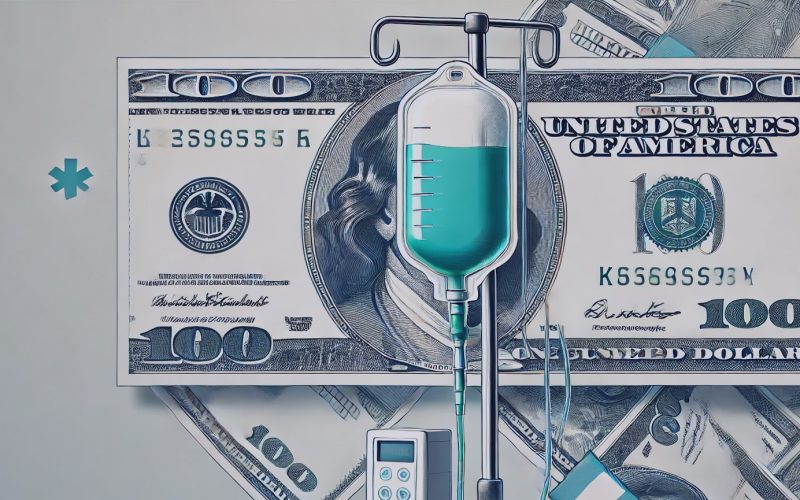Childhood neglect – neglect trauma? A systematic review
When the term childhood trauma is mentioned, your mind may first turn to physical or sexual abuse. However, another form of trauma that is often overlooked is neglect. Unlike abuse, neglect is not a visible physical act, which can make its harmful impact easier to assess. Indifference is defined as a “General and persistent failure…
Read More






